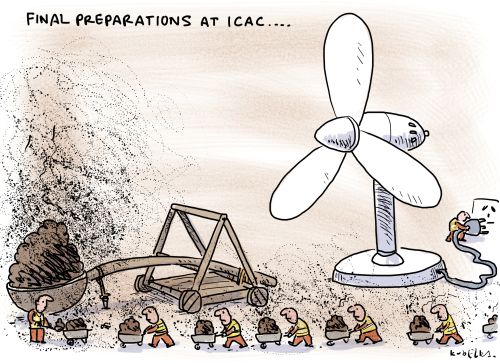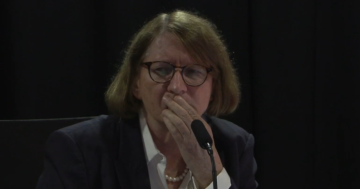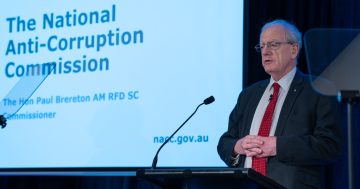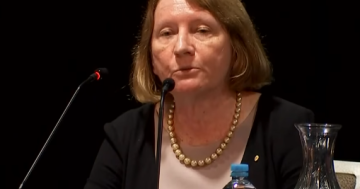
I was thinking about the Royal Commission into the construction unions recently and the current call for a Royal Commission into the banks and a couple of things struck me as relevant.
Firstly, the Heydon Commission was a political animal designed to go after a particular union. Fess up, guys, you know that’s the truth. Sure some issues were exposed and rightly so. But some poor quality assertions have been made, some botched investigations have been made and all in all, it has been a monumental waste of money. The same investigations could have been made by the Crime Commission or a joint activity between the AFP and State and Territory Police Forces who already have the powers to charge for offences.
Secondly, the call for a Royal Commission into the banks is too narrow. Sure banks are colluding and gouging. Sure banks have had their share of scandals recently. But insurance companies are in the frame also. So are health funds. Where is the Royal Commission into those businesses?
ASIC is portrayed by the conservatives as having enough power to prosecute, to require witnesses to incriminate themselves, to delve deeply into the entrails of business to address corruption and malpractice. Well, if it has the powers, why haven’t they been used to date? The elimination of $120 million may have had a bit to do with that and now Mr Morrison is going to give it back to them!
ASIC has had the powers since forever and before the removal of the money so why, again, haven’t they moved on corrupt business practices? Where is ASIC in the Palmer nickel mine affair? MIA.
Some people have called for a federal ICAC. There may be some merit in this as it would broaden the scope of attack on corruption across all sectors, business, governance and unions. Let’s see how this plays out.
For an ACT perspective, the suggestion of having an ICAC isn’t new. I refer readers to a report from the ACT Legislative Assembly Standing Committee on Justice and Community Safety into a proposed bill for a Commission for Integrity in Government, moved by the late Trevor Kaine in 1999.
That Committee, of which I was Deputy Chair, looked into the bill and conducted an inquiry which included discussions with a range of agencies with this type of policing powers. These included the Ombudsman, the Auditor-General, the NSW ICAC and the NSW Parliamentary Committee on ICAC.
The inquiry was essentially about integrity in governance in the ACT, but it had its genesis in a suggestion from Mr Kaine that we have an ICAC here. I can recall discussing the matter with him and we agreed that our jurisdiction was too small for such an agency, that corruption was not rife here, present but not rife. Nonetheless he wanted the inquiry into government practices to ensure that we had protection against corruption over government contracts. And so the inquiry was limited to this aspect.
We received advice that an ICAC was unnecessary, the powers of the Auditor-General and Ombudsman should be strengthened and the police should be more pro-active. Essentially, that the protections were there but we were not using them effectively enough.
I’m not sure that we do have the protections against corruption in business so maybe a Royal Commission into the business sector generally, like the one into the unions, across the country would be a good idea. Or maybe a federal ICAC. But having a federal ICAC is fraught with legislative dangers. The Constitution is one of them. The section on free trade between the states often limits jurisdiction for federal intervention.
More conjugation is needed perhaps.



















